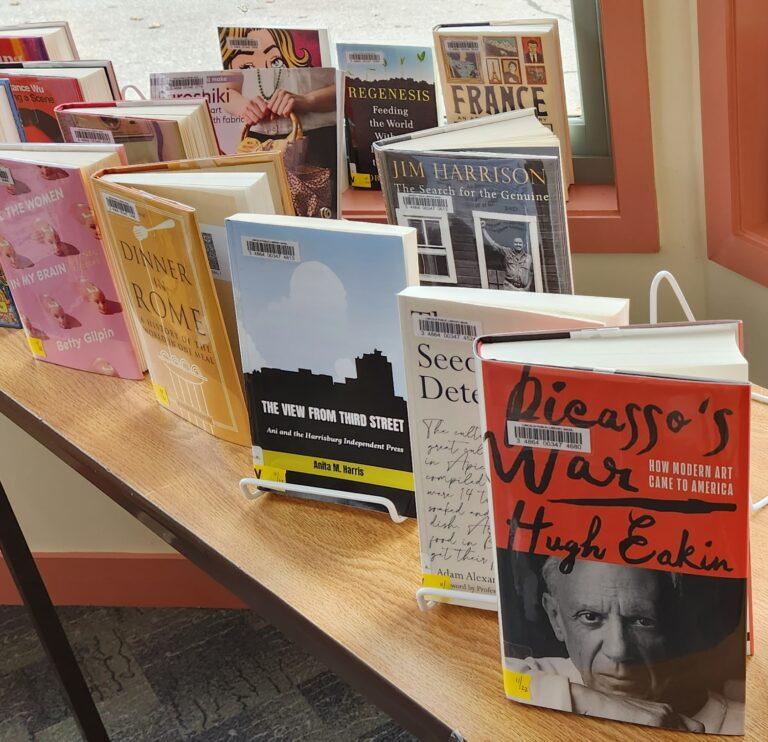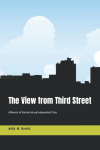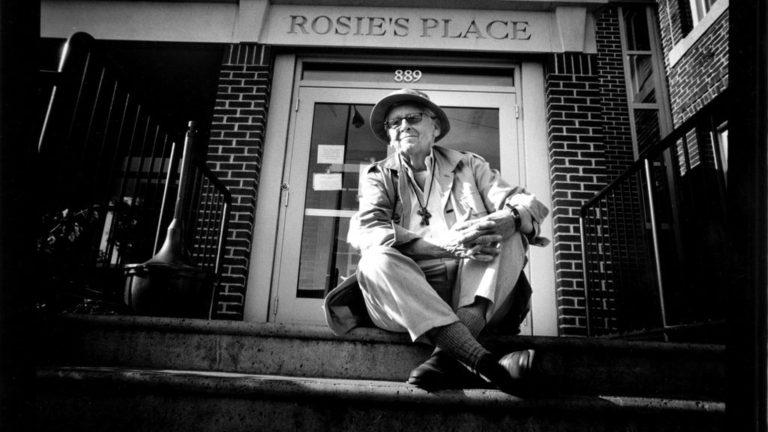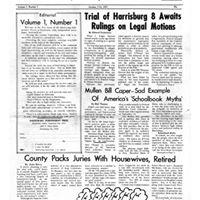Anita Harris is pleased that journalists Alison Bass, Steven Greenhouse and Alex S Jones like her new...
Harrisburg independent press
The View From Third Street, Anita M. Harris' new memoir of the Harrisburg Independent Press, has...
New Cambridge Observer's Anita Harris writes that the free press--alternative or traditional--can make a huge difference in...
Before Watergate, before Woodward and Bernstein, before the Internet and before the current President's attacks on the...



